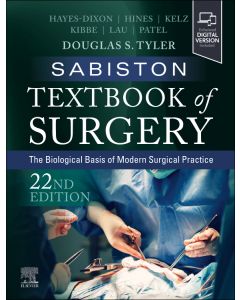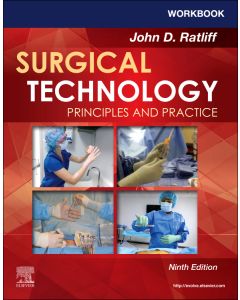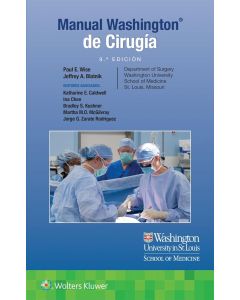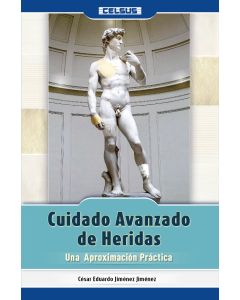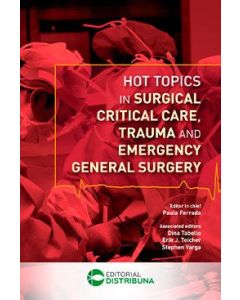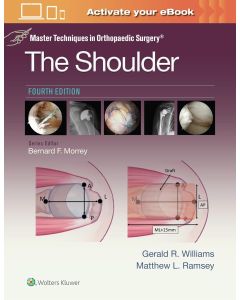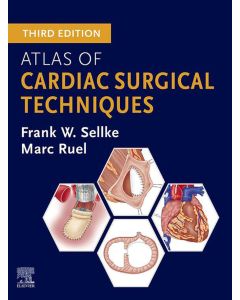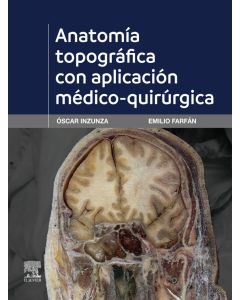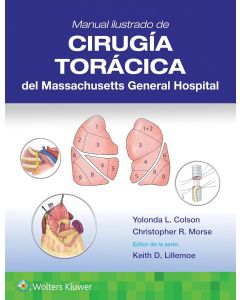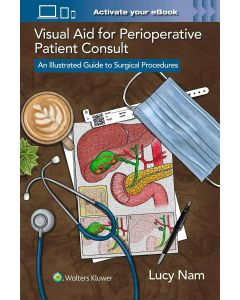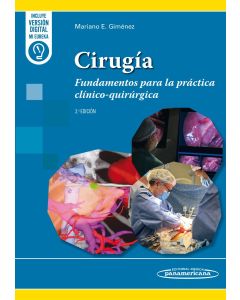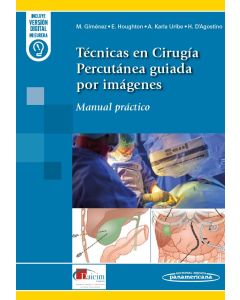Medicina
Arrhythmias In Children: A Case-Based Approach 1St Edición
Incluye Gastos de Importación
-
Especialidad
- Pediatría
- Cirugía General
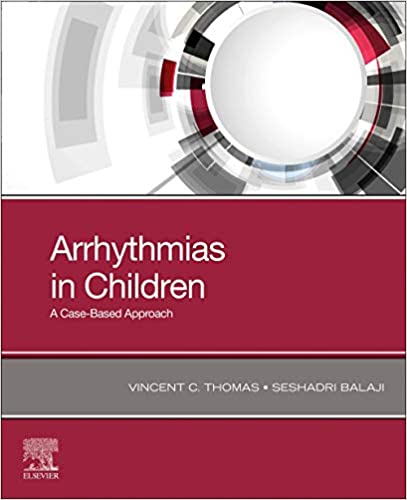
- Newborn/Infant
- Newborn nursery infant that has bradycardia
- What am I thinking about?
- History and Physical
- Differential Diagnosis
- Fetus with premature beats
- Newborn with complete heart block
- Hypothyroidism
- Medication-induced
- Apnea
- Tests to Order
- Practical Plan of Action
- NICU infant noted to have extrasystoles on cardiac monitor
- Full-term infant noted to have persistent tachycardia
- 2-month-old presenting to the ER with tachycardia, fussy, unable to eat
- 4-month-old with extrasystoles on auscultation at pediatrician’s office
- 9-month-old with recurrent episodes of supraventricular tachycardia despite medical therapy
- Child
- 2-year-old presents to ER with an episode of "passing out" and "turning blue"
- 3-year-old is noted by pediatrician to have a low resting heart rate
- 4-year-old presents to ER with supraventricular tachycardia
- 7-year-old presents to ER with recurrent SVT
- 8-year-old presents with ADHD presents to cardiology office with ECG in hand for "cardiac clearance" to start stimulants
- 10-year-old presents to ER with dizziness and bradycardia with a pacemaker that does not appear to be functioning
- 11-year-old whose father recently died at the age of 45
- 5-year-old, asymptomatic, with ECG obtained for physical demonstrating WPW
- Pre-teen/Teenager
- 13-year-old with syncope while standing in line for lunch
- 15-year-old with intentional ingestion of grandparent’s calcium channel blockers
- 16-year-old with premature ventricular contractions noted during athletic participation physical.
- 14-year-old cross country runner presents with syncope during a race
- 15-year-old with syncope while playing soccer
- 17-year-old with palpitations and dizziness while playing football
- 14-year-old who had to be pulled from the pool during a swim meet
- Special Circumstances
- Maternal fetal evaluation reveals fetus with tachycardia
- Maternal fetal evaluation reveals fetus with premature beats
- A newborn infant with complete heart block noted immediately after birth
- A 3-month old child with complete heart block after surgery for AV canal defect
- A 4-month old post-operative ventricular septal defect with junctional ectopic tachycardia
- A 2-year old child who took an overdose of grandmother’s digoxin pills
- A 10-year old child with a "pacemaker" who is dizzy and had a syncope episode
- An 11-year old child resuscitated from sudden collapse, found to have a long QT on ECG
- A 12-year old with hypertrophic cardiomyopathy presents to the emergency room with syncope
- A 13-year old with repaired tetralogy of Fallot with frequent PVCs
- A 15-year old presents to ER after successful resuscitation with an AED for documented ventricular fibrillation
- A 16-year old teen with a defibrillator who received a shock
Escribir Su propia reseña

